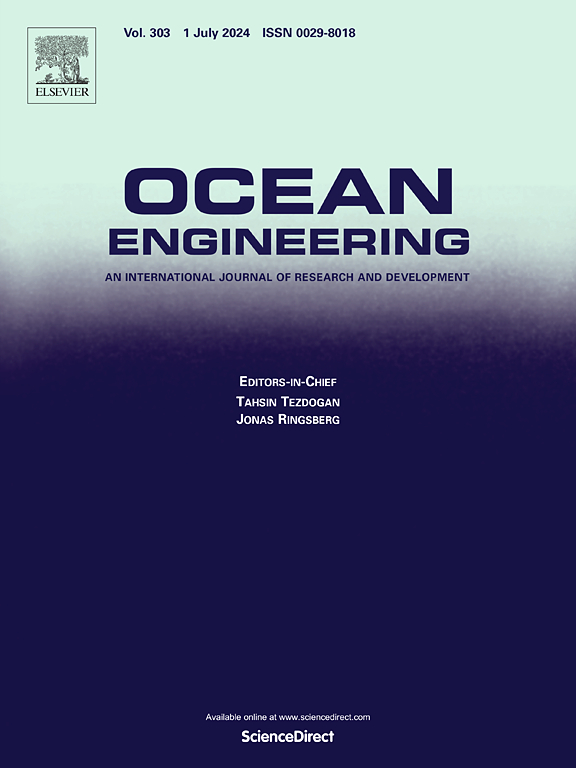Integrated improved ant colony optimization and Q-learning for ice navigation route planning
IF 5.5
2区 工程技术
Q1 ENGINEERING, CIVIL
引用次数: 0
Abstract
Global warming has accelerated Arctic sea ice retreat and extended navigational windows, creating both opportunities and challenges for Arctic shipping. To enable safe and cost-effective route planning, this study presents an integrated method combining Improved Ant Colony Optimization and Q-Learning (IACO-QL). First, the Ant Colony Optimization (ACO) algorithm is enhanced using global distance guidance, cosine similarity, and a dynamic pheromone evaporation mechanism to improve convergence. The Improved Ant Colony Optimization (IACO) constructs a multi-objective solution space tailored to ice navigation. This solution space is used to prune the state space of Q-Learning (QL) and to initialize the Q-table. Second, QL refines the route using a composite reward function that balances distance, navigational safety, and icebreaking cost. Finally, the Bresenham line algorithm removes redundant nodes while preserving key turning points. Experimental results in representative Arctic scenarios show that IACO-QL improves navigation performance. Compared with traditional methods, it reduces route length by 9.84 % in sparse ice and 6.35 % in dense ice, while the number of turns is reduced by 59.57 % and 62.77 %, respectively. These improvements demonstrate the effectiveness and practical value of the proposed method for intelligent and efficient route planning in polar environments.
集成改进蚁群优化和q -学习的冰上导航路线规划
全球变暖加速了北极海冰消融,扩大了航行窗口,给北极航运带来了机遇和挑战。为了实现安全高效的路线规划,本研究提出了一种结合改进蚁群优化和q - ql (IACO-QL)的综合方法。首先,采用全局距离引导、余弦相似度和动态信息素蒸发机制对蚁群优化算法进行改进,提高收敛性;改进蚁群算法构建了一个多目标解空间。该解空间用于对Q-Learning (QL)的状态空间进行剪枝和初始化q表。其次,QL使用平衡距离、航行安全和破冰成本的复合奖励函数来优化路线。最后,Bresenham线算法在保留关键拐点的同时去除冗余节点。北极典型场景的实验结果表明,IACO-QL提高了导航性能。与传统方法相比,该方法在稀疏冰区和密集冰区分别缩短了9.84%和6.35%的路线长度,减少了59.57%和62.77%的转弯次数。这些改进表明了该方法在极地环境下智能高效路线规划中的有效性和实用价值。
本文章由计算机程序翻译,如有差异,请以英文原文为准。
求助全文
约1分钟内获得全文
求助全文
来源期刊

Ocean Engineering
工程技术-工程:大洋
CiteScore
7.30
自引率
34.00%
发文量
2379
审稿时长
8.1 months
期刊介绍:
Ocean Engineering provides a medium for the publication of original research and development work in the field of ocean engineering. Ocean Engineering seeks papers in the following topics.
 求助内容:
求助内容: 应助结果提醒方式:
应助结果提醒方式:


